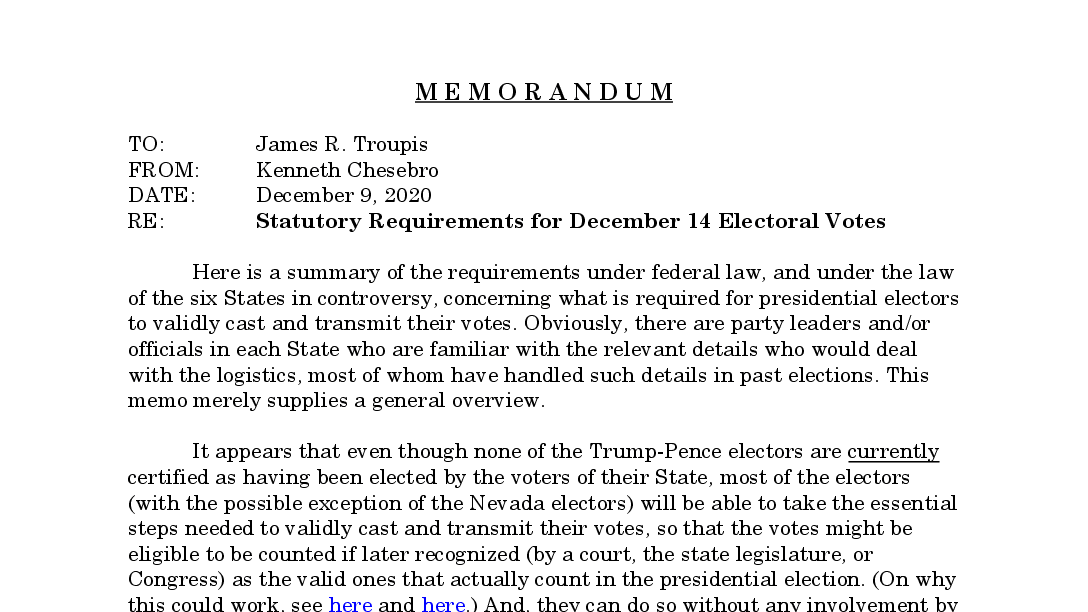"The current Court is textualist only when being so suits it. When that method would frustrate broader goals, special canons like the 'major questions doctrine' magically appear as get out-of-text-free cards"
- GWC
WASHINGTON (CN) — President Biden’s climate agenda got chipped away by the Supreme Court on Friday in a 6-3 ruling in West Virginia v. Environmental Protection Agency. Chief Justice John Roberts recounts the history of the Clean Air Act:
Since passage of the Act 50 years ago, EPA has exercised this authority by setting performance standards based on measures that would reduce pollution by causing plants to operate more cleanly. In 2015, however, EPA issued a new rule concluding that the “best system of emission reduction” for existing coal-fired power plants included a requirement that such facilities reduce their own production of electricity, or subsidize increased generation by natural gas, wind, or solar sources. The question before us is whether this broader conception of EPA’s authority is within the power granted to it by the Clean Air Act.
Writing for the conservative supermajority, Chief Justice John Roberts said the power to regulate carbon dioxide emissions lies with Congress, not the Environmental Protection Agency.
“Capping carbon dioxide emissions at a level that will force a nationwide transition away from the use of coal to generate electricity may be a sensible ‘solution to the crisis of the day,’” the Bush appointee wrote. “But it is not plausible that Congress gave EPA the authority to adopt on its own such a regulatory scheme in Section 111(d). A decision of such magnitude and consequence rests with Congress itself, or an agency acting pursuant to a clear delegation from that representative body.”
Justice Elena Kagan headed a dissent by the three Democrat-appointed justices.
“Today, the Court strips the Environmental Protection Agency of the power Congress gave it to respond to ‘the most pressing environmental challenge of our time,’” the Obama appointee wrote.
President Joe Biden called the ruling devastating and said it aims to move the country backward.





